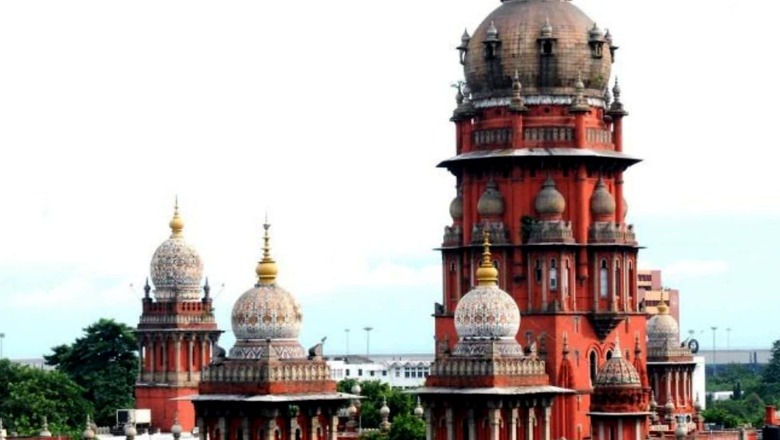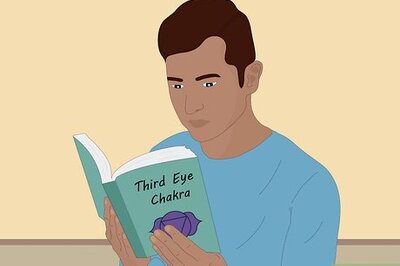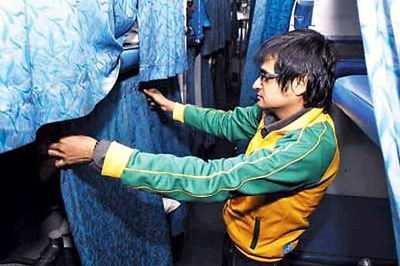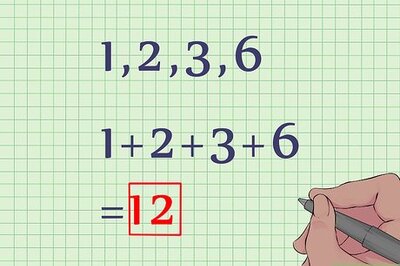
views
Lack of violent resistance by a victim does not amount to consent, the Madras High Court noted, confirming a rape conviction.
The court, in its order, said “mere absence of a valiant and violent effort on the part of the victim certainly does not amount to consent”, as Justice D Bharatha Chakravarthy explained that one must step into the shoes of the victim and see the entire episode from her perspective, Bar and Bench reported.
The order was rendered on an appeal against an order of Sessions Judge Tiruvannamalai, who had confirmed the order of the trial court convicting the petitioner for an offence under Section 376 (punishment for Rape) of the Indian Penal Code and imposing a sentence of seven years Rigorous Imprisonment and a fine of ₹500.
The accused argued that he and the victim were in a physical relationship and when her brother, who had enmity with the accused, accidentally saw them, he pressured the victim to lodge a false complaint.
The submission was that the victim did not make any serious attempt to rescue herself from the accused, nor did she raise any alarm and therefore, the act was with consent.
Rejecting the argument, the court discussed the judgment of the Punjab & Haryana High Court in Rao Harnarain Singh and others vs. State where it was observed that, “every consent involves a submission but the converse does not follow and a mere act of submission does not involve consent.”
Justice Chakravarthy opined that in this case, medical evidence on record even dispelled the argument of the victim’s voluntary submission.
“Unless the defence is able to establish that the intercourse was one of free will and consent and rebut the presumption, the prosecution case stands proved… I find no infirmity whatsoever in the conclusions of the Trial Court as well as the lower Appellate Court, finding the accused guilty of the offence under Section 376 of Indian Penal Code.”
Apart from confirming the order of conviction, the court also dealt with the sentence. The accused had sought the court’s discretion for the imposition of a lesser-than-minimum sentence for special reasons.
It was submitted that the incident occurred 19 years ago when the accused was 29 years old; now he was 48 and married with two children. Further, the victim was no more, it was highlighted.
It was also brought to the court’s attention that the accused had become an alcoholic, had withdrawal seizures and was undergoing regular and constant treatment.
However, the judge found himself unable to intervene on the aspect of sentencing. Yet, he observed that if only the accused had not committed the offence, both the parties’ life in the village would have been peaceful.
“20 years down the lane after the commission of the crime, the case presents the grim aftermath of the crime,” said Justice Chakravarthy while commenting on the circumstances.
Read all the Latest India News here



















Comments
0 comment